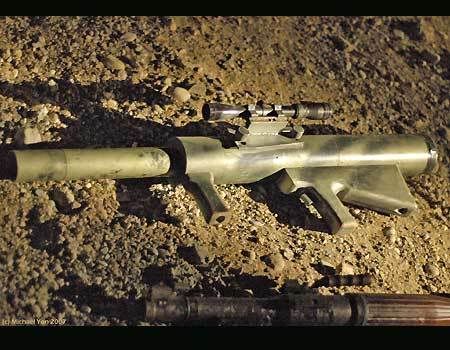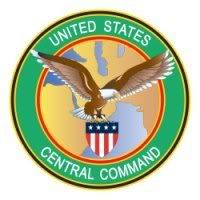Tiny baby to leave Florida hospital
The sad part is there are babies older than this being killed by doctors everyday.
Tiny baby to leave Florida hospital - Yahoo! News
A premature baby that doctors say spent less time in the womb than any other surviving infant is to be released from a Florida hospital Tuesday.
Amillia Sonja Taylor was just 9 1/2 inches long and weighed less than 10 ounces when she was born Oct. 24. She was delivered 21 weeks and six days after conception. Full-term births come after 37 to 40 weeks.
"We weren't too optimistic," Dr. William Smalling said Monday. "But she proved us all wrong."
Neonatologists who cared for Amillia say she is the first baby known to survive after a gestation period of fewer than 23 weeks. A database run by the University of Iowa's Department of Pediatrics lists seven babies born at 23 weeks between 1994 and 2003.
Amillia has experienced respiratory problems, a very mild brain hemorrhage and some digestive problems, but none of the health concerns are expected to pose long-term problems, her doctors said.
"We can deal with lungs and things like that but, of course, the brain is the most important," Dr. Paul Fassbach said Monday. "But her prognosis is excellent."
Amillia has been in an incubator since birth and has been receiving oxygen. She will continue getting a small amount of oxygen, and her breathing will be monitored once she leaves Baptist Children's Hospital. She now is between 25 and 26 inches long and weighs 4 1/2 pounds.
"She's going to be in a normal crib, she's going to have normal feedings, she's taking all her feedings from a bottle," Smalling said.
Amillia is the first child for Eddie and Sonja Taylor of Homestead. She was conceived by in vitro fertilization, which made it possible to pinpoint her exact time in the womb, and was delivered by Caesarean section.




















